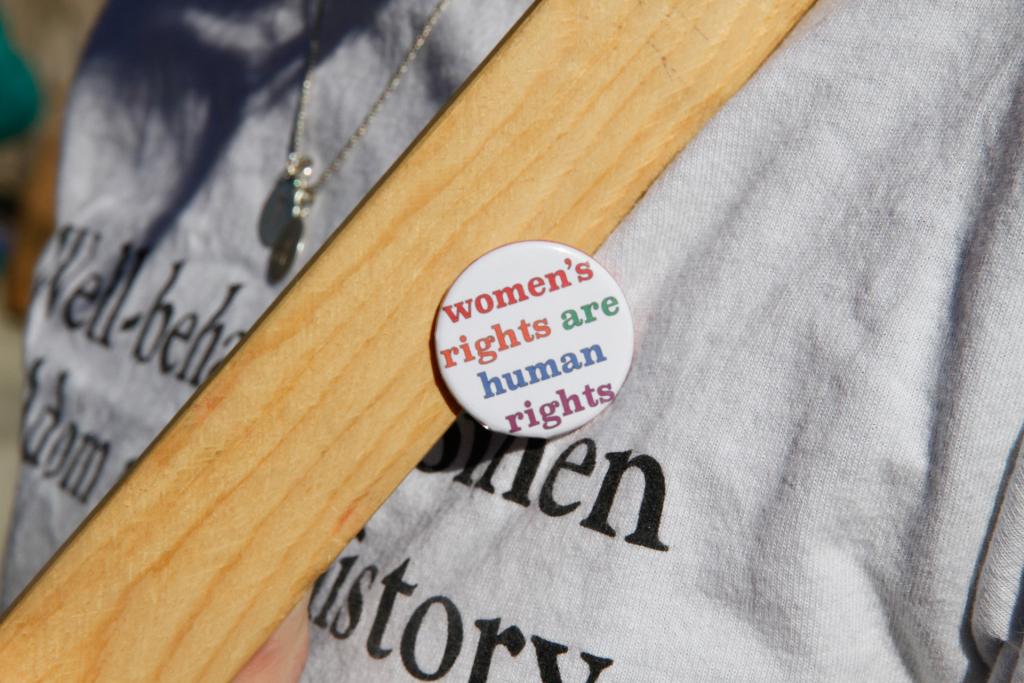8th of March marked the annual International Women’s day (IWD), and Geneva as the global hub for health, human rights, and increasingly gender, saw multiple events taking place throughout the city. Its landmark “Jet d’Eau” was coloured in the turquoise of the International Gender Champions, a global platform to advance gender equality founded in Geneva. While the official theme of this year’s IWD was “Women in the Changing World of Work”, given the current political climate, attention also focused heavily on sexual and reproductive health and rights (SRHR).
A prime example is #SheDecides, a fundraising initiative founded by the Dutch minister for foreign trade and development cooperation, Lilianne Ploumen, as a response to the re-instalment and expanding of the Mexico City Policy, also known as the Global Gag Rule.
The Global Gag Rule threatens the funding of health NGOs and international organisations, including the United Nations Population Fund (UNFPA), which provide information about, or access to, safe abortion. These organisations are also vital providers of maternal health and HIV/AIDS services, contraceptive methods and information, and other reproductive health care, including reproductive cancer screenings and treatment. The rollback of women’s right to health and the limitation of individual’s choices highlight how the personal is still political, and calls for strong political leadership by states.
The first #SheDecides pledging conference was held last week in Brussels, resulting in more than € 181 million of total support, and on International Women’s Day the Dutch Mission in Geneva hosted a lunch event at UNAIDS raising awareness for women’s and girls’ rights to information and choice over their health. The event saw directors of international organisations and ambassadors voice their commitment for SRHR and the rights of women and girls everywhere. It was in particular stressed that access to information and services as well as women’s participation in policies that have an impact on their lives are crucial to uphold those rights. The UN Deputy High Commissioner for Human Rights Kate Gilmore called for women’s equality “from the courtroom and boardroom to the schoolroom and bedroom”, indicating multifaceted challenges women still face in the various public and private spheres.
In the evening of the 8th, the Graduate Institute hosted a panel discussion on the challenges in achieving women’s human rights, asking why women still need to protest in order to have the same rights as men. The recent mass protests against repeal of reproductive health rights taking place around the world are a stark reminder how easily political ideologies enable and disable human rights and impact health outcomes.
Multiple events were already held during the week leading up to IWD, including a panel discussion on “Gender Parity: A Global Reality Check” at the Graduate Institute, and the Cine-Onu screening of Oscar-winning movie Hidden Figures, which illustrates the power of women to break gender barriers, while highlighting the need for strong role models and allies.
The spread of events not only highlights the multiple arenas where gender inequalities are persistent, but ultimately shows how one day a year is not enough to address these issues. The work needs to be sustained every day of the year. The world, including the global health domain, still has a long way to go in order to achieve gender equality and balance in all levels of society, economy and politics.


